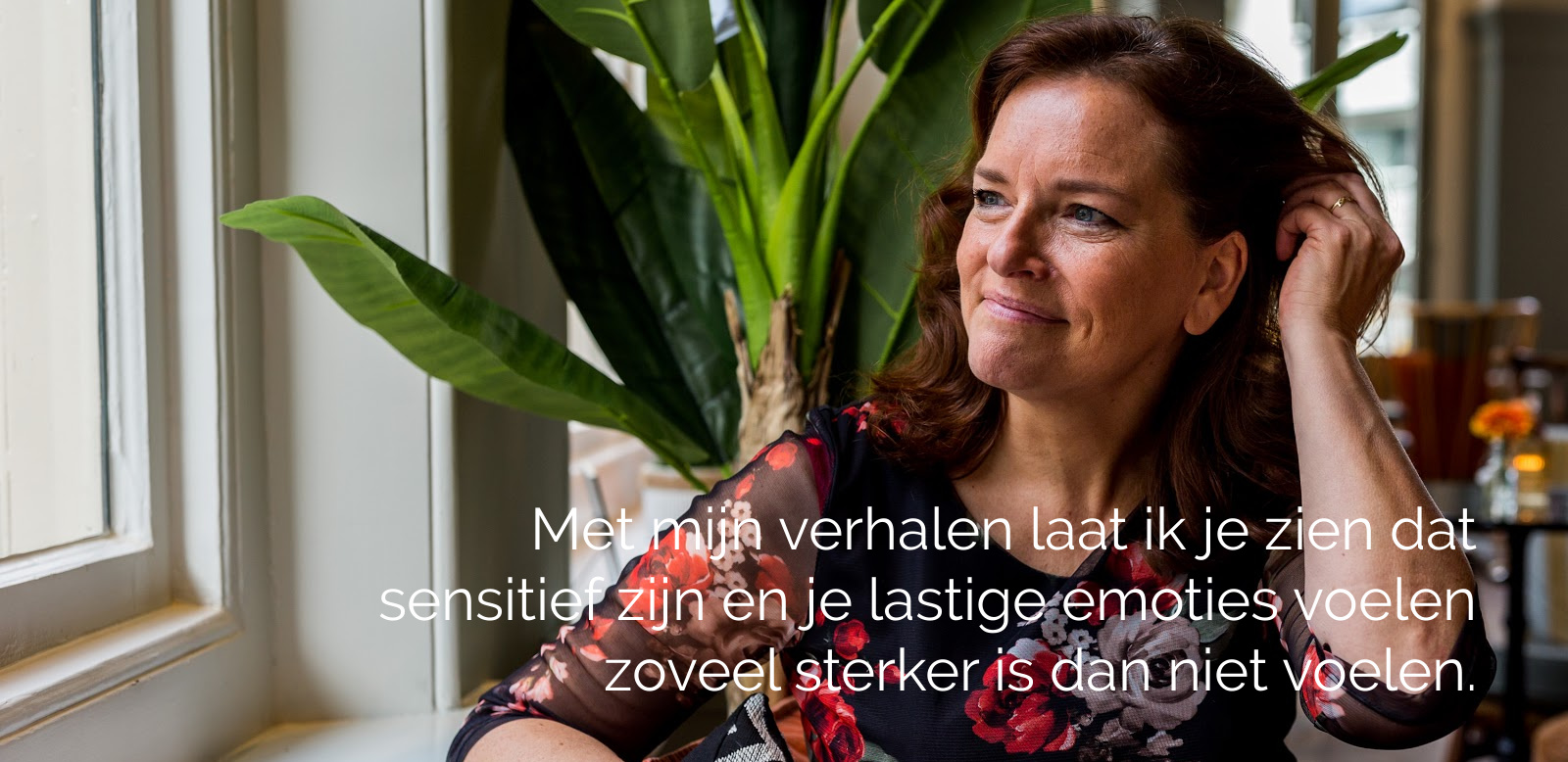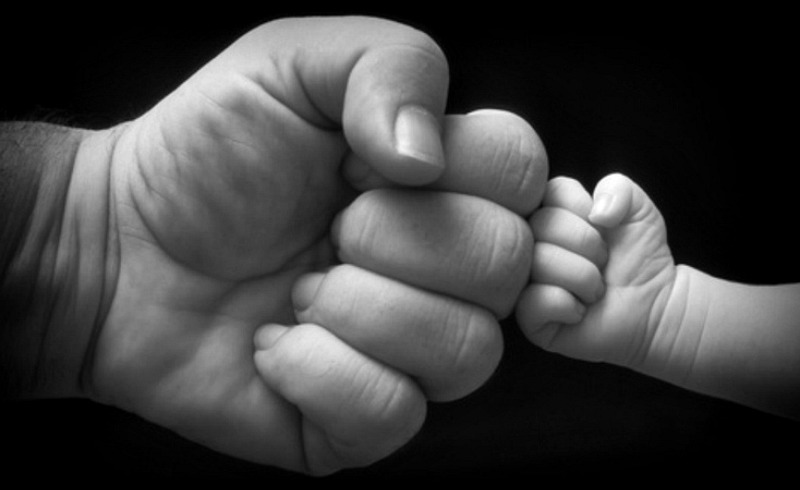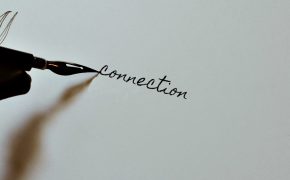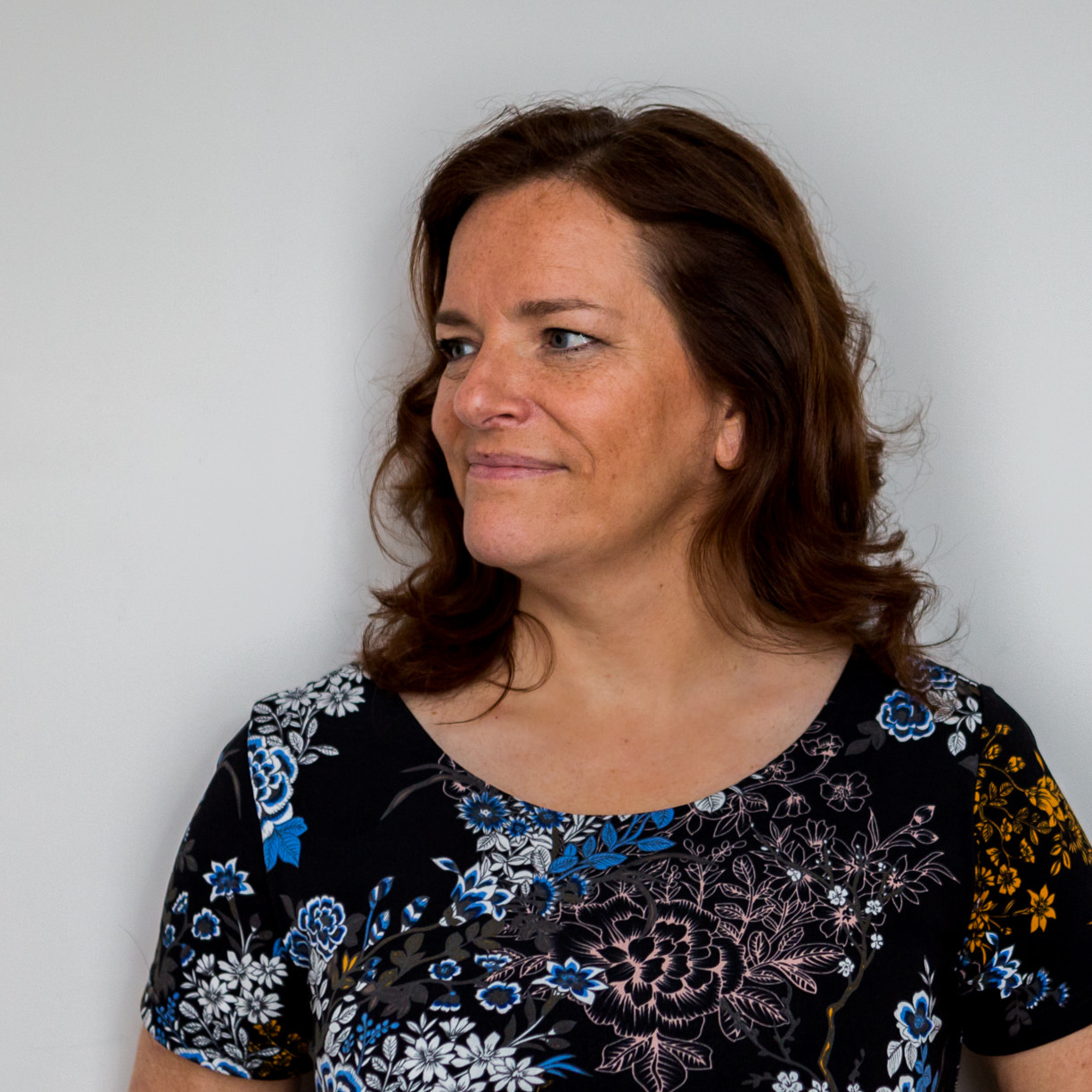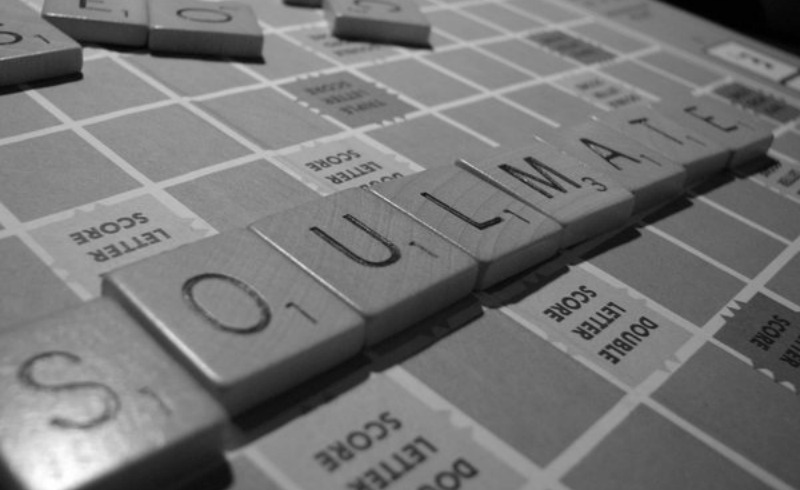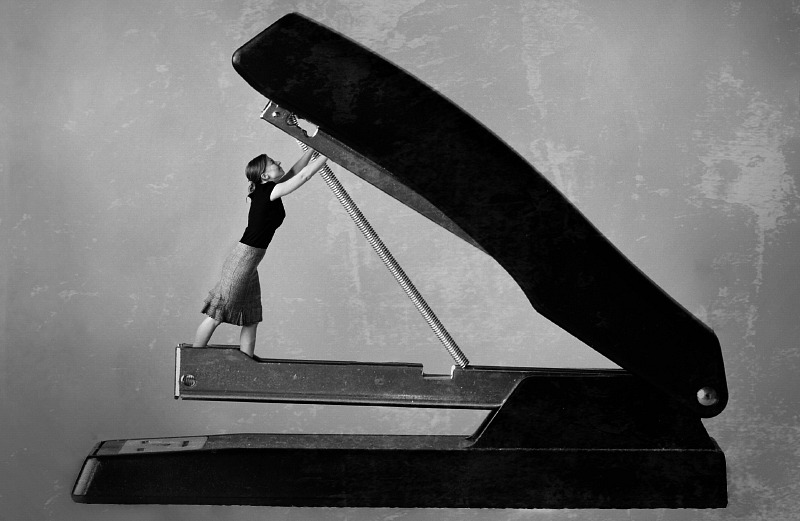When you’re allowed to learn from mistakes
You were so sure. It didn’t take you long to think about it and before you knew it the words flew out of your mouth. You were right. And you made sure they knew that. But a few moments later, when the storm was over and peace returned, you started to wonder about your reaction. Feelings of shame and embarrassment were now taking over. ‘Oh…what was I thinking’, you ask yourself. ‘What did I do?’
We’ve all been there from time to time. You decide to go for something then later you find out it wasn’t such a bright thing to do. Or in the heat of the moment words slip right out of your mouth and you end up regretting it later. At times they’re just small blunders which can easily be overlooked. Other times they seem to fit more in the category of disaster. It’s when you cross a line, one of your own boundaries or someone else’s. Ahhh…. You would do anything to turn back the clock and change things. But sadly, you can’t.
When we look at our society there are huge differences in how we handle glitches and someone making a mistake. Where one person is able to cope, to accept what’s happening, to feel compassionate, to be honest and to move on, others might have more issues with that. And sometimes are taking a hard stance. When making a mistake themselves and, when seeing someone else stumble and fall.
How you cope with a mistake has a lot to do with how you feel at such a moment and, how you handle these feelings. These feelings are often related to how you felt as a child in similar situations.
Emotions from your childhood
When positive experiences filled your childhood then you know now how to deal with your missteps. When your experiences were less satisfying or when you’re parents or caregivers didn’t guide you well enough then, making a mistake and wanting to resolve it feels somewhat like a mystery to you. Usually you will choose from one of the following options; you run away and try to evade what happened, you get angry and you deny something’s wrong or you freeze in the hope that nobody notices you.
What was it like for you in your childhood when you tried something new and you (literally or figuratively) stumbled and fell?
Was it okay to fall and were you allowed to cry? Was there someone with patience to help you back up and to comfort you? Were you allowed to express your frustrations when something went wrong, were you allowed to express your thoughts about it? Did your parent or caregiver take the time to calmly explain to you what happened? Was there someone who encouraged you to use your creativity and to try again? Was there room for you, as a child?
If so you know, with this experience and what you’ve learned from it, how to deal with the feeling of disappointment and the possible feelings of anger and shame when something doesn’t work out.
You recognize this in your behavior as an adult.
- you’re capable of feeling, you’re at ease with showing your feelings and you understand what these feelings mean to you
- you grasp your own vulnerability and possibility for failure and as such you accept this in others as well
- you’re okay with showing your vulnerability to others
- you’ve learned to be honest and to look at yourself with sincerity
- as such you are able to learn from your mistakes and take this newly found perception into new situations
- you understand that ‘doing something wrong’ is quite different from ‘being wrong’. And that you’re still loved and appreciated by the important persons in your life
- you have high self-esteem
- you are able to find your strength and get up again
- you are able to use your voice to either explain things or to ask for clarification
- you’ve developed creativity and courage to try again
It might be that the experiences in your childhood were quite different. That you were told not to cry and that you had to be a big boy or girl and move on. Perhaps you were laughed at. Or perhaps you got spanked or were given a time-out because (in the eyes of your parents or caregivers) you did something stupid or something they weren’t able to deal with.
In this case you’ve taken a very different experience and baggage into your adult life. If your feelings were dismissed or if you were ridiculed, laughed at or punished often, you might have developed feelings of anger, sadness and shame. The more often a similar situation and reaction occur where your feelings aren’t allowed to be brought out into the open, the more these feelings will become lodged in your subconscious and you won’t be able to take a step further in your development and grow.
This is also recognizable in your behavior as an adult.
- you hesitate with new things and new situations
- you develop negative thoughts (‘It won’t work, I’m not good enough’)
- you feel ashamed (for your emotions)
- you have trouble expressing your feelings
- you’ve developed a negative attitude towards emotions
- if the pressure mounts up, all feelings and thoughts come out all at once
- you’ve trouble admitting to your mistakes (to yourself and to others)
- you’ve trouble taking responsibility for your own behavior and the consequences
- you place responsibility somewhere or with someone else (you blame others)
- you tell untruths
- you’ve trouble showing your vulnerability
- you don’t feel safe or at ease with yourself and with others
- because you’re hard on yourself you’re also hard on the people around you
- as such you’re demanding and critical of others (or at worst you bully others)
- you express your suppressed emotions in a different way (by fighting, by being tough, by overdoing things or in drama)
- you express your feelings of shame by pleasing others and by being too nice and too kind
- you have low self-esteem
- you try to make yourself invisible
I do understand how uncomfortable it can be to feel anger or sadness or to experience another person showing these emotions to you. It isn’t always pleasant, I know. There is a difference however in just feeling these emotions and, in going too far and being dramatic. But please understand that, by suppressing someone’s emotions just because we don’t like it or even find it annoying, we take away the child’s opportunity to learn something.

Copyright picture: Riddles in the Dark by Michael Bilotta
Make room for emotions and learn
I don’t believe that people who make mistakes, deny them or run away from them, aren’t feeling anything at all. Deep down they do feel the shame and discomfort and they really want to resolve it, they just haven’t got a clue how. Often they haven’t learned this or they’ve taken a whole different experience and belief from their childhood and the resulting feelings into the rest of their life. That is what influences their life now. They don’t know how to cope with feelings of disappointment, anger, sadness and shame.
Can we look through their behavior and see that? And can we, not only understand but acknowledge that? Understanding is quite different than accepting something. Understanding is looking at something or someone with compassion, being open to who someone is without losing sight of our own boundaries.
What if we could understand that especially by trying, being allowed to make mistakes, by feeling, by learning together and helping each other and only then getting back up and moving on, we are able to grow as a society.
What if we, as caregivers and mentors, change our behavior towards children. What if we make room for and allow them to feel emotions. If anger, sadness and shame are okay. If we, as adults, allow ourselves to receive these emotions from children. If we stop feeling uncomfortable with it. And if we understand that these emotions are there for a reason. That something happened that wasn’t nice or good. That it wants to be expressed. That it wants to be seen. That there is something there for a child to learn.
What would happen if children, who are allowed to learn from mistakes and whose feelings are allowed to be there, grow up and become adults themselves? What would happen then if they are parents, teachers, what if they work in the corporate world, become politicians or even a world leader? What would happen if they, in their relationships or at their work, would have to make an important decision and stumbled and fell?
What would happen then?


